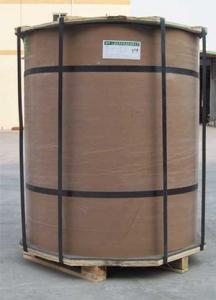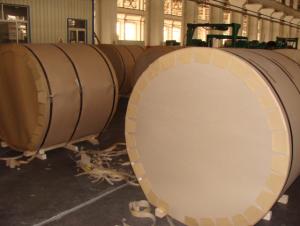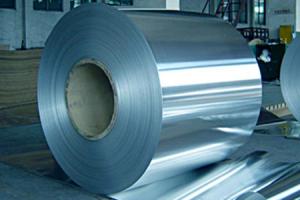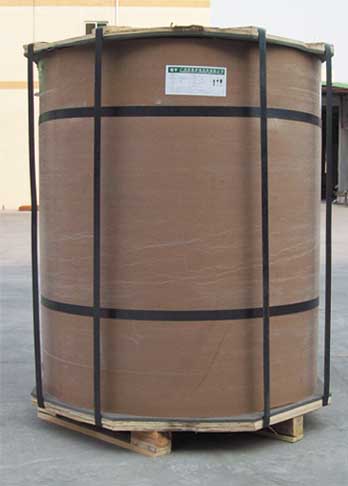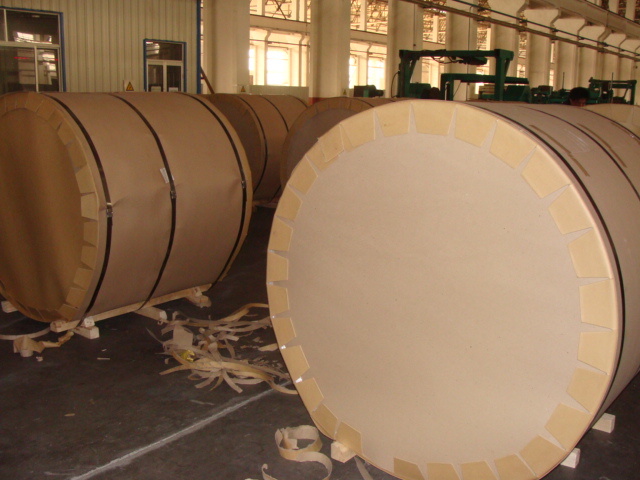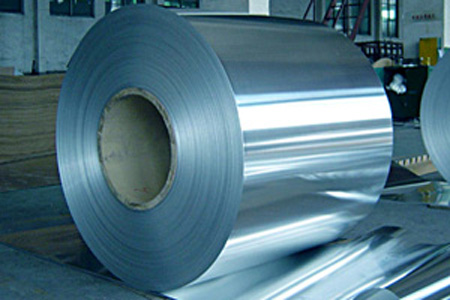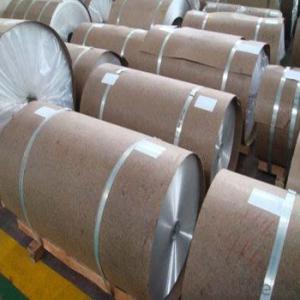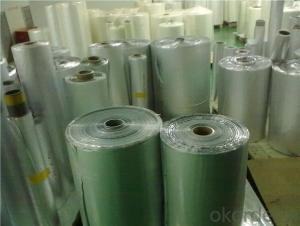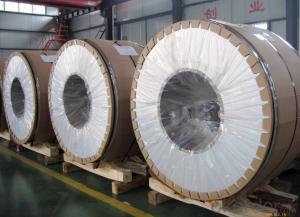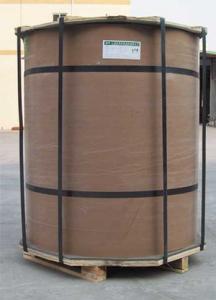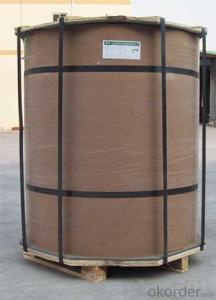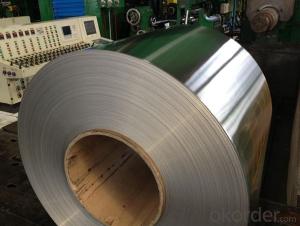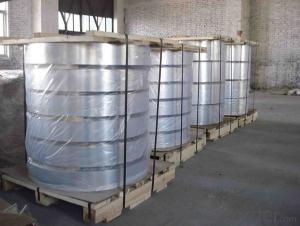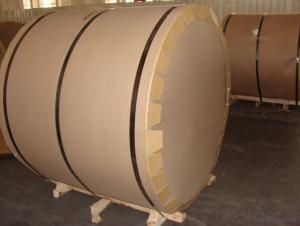Aluminum Coil for Sale - Mill Finished 5xxx Series
- Loading Port:
- China Main Port
- Payment Terms:
- TT or LC
- Min Order Qty:
- 8 g/ft
- Supply Capability:
- 10000 g/ft/month
OKorder Service Pledge
OKorder Financial Service
You Might Also Like
1.Structure of Aluminum Coils Mill Finished 5XXX Description
Aluminum Coils Mill Finished 5XXX has great ductility, heat conductivity, anti-corrosion and moisture resistance properties.
Aluminum Coils Mill Finished 5XXX is widely used for electronics, instruments, lighting decoration, packing industry, house decoration, curtain wall, honeycomb-core panel, sandwich panel, aluminum composite panel and aluminum composite pipes.
2.Main Features of the Aluminum Coils Mill Finished 5XXX
• Superior quality of raw material
• Reasonable and stable chemical composition
• Accurate tolerance
• Goode mechanical property
3.Aluminum Coils Mill Finished 5XXX Images
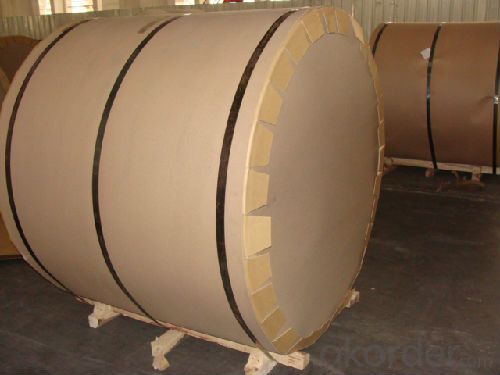
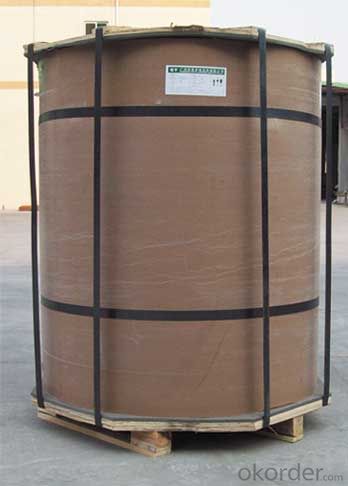
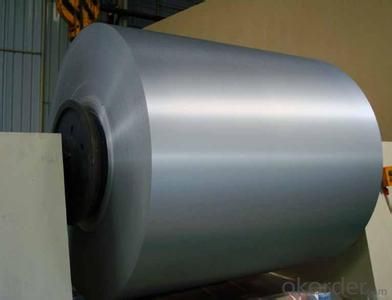
4.Aluminum Coils Mill Finished 5XXX Specification
| Alloy | AA5xxx (AA5052,AA5083,AA5754 etc) |
| Temper | H14,H16,H18,H22,H24,H26,H32,O/F |
| Thickness | 0.2mm--100mm |
| Width | 30mm--1700mm |
| Standard | GB/T 3880-2006 |
5. FAQ of Aluminum Coils Mill Finished 5XXX
A.How to guarantee the quality?
Customers are welcome to our mill to visit and check the products. Besides, we can arrange a third party to test Aluminum Coils Mill Finished 5XXX products.
B.What is the MOQ?
The MOQ for each size is 8 tons.
- Q: What specific conditions or precautions need to be taken into account when storing and transporting steel wires intended for coiling purposes?
- <p>Yes, there are special requirements for storing and transporting steel wires for coiling. These wires must be kept dry to prevent rust and should be stored in a cool, dry place away from direct sunlight or extreme temperatures. They should be handled carefully to avoid kinks or deformations. When transporting, it's important to secure the coils to prevent shifting during transit, which could cause damage. Additionally, the packaging should be robust enough to protect the wires from moisture and physical damage.</p>
- Q: i used hf acid to clean the rails on my trailer and it left black streaks on the alluminum... uld it be the type of aluminum alloy???
- I have a charcoal grill with diamond plate alluminum . how can i get it to shine again? I used my steam mop and rag it got most but not all?
- Q: Can aluminum coils be used in automotive heat exchangers?
- Indeed, automotive heat exchangers can utilize aluminum coils. The automotive industry favors aluminum for heat exchangers due to its exceptional thermal conductivity, lightweight quality, and resistance against corrosion. These attributes enable aluminum coils to effectively transfer heat between fluids or gases, rendering them highly suitable for automotive heat exchangers. Furthermore, aluminum coils are easily manufacturable and can be molded into diverse shapes and sizes, thereby further enhancing their appropriateness for automotive applications.
- Q: How are aluminum coils used in the production of furniture?
- Aluminum coils are commonly used in the production of furniture as they can be easily formed and shaped into various components such as frames, legs, and supports. These coils are often bent, cut, and welded to create the desired furniture structure. Aluminum's lightweight yet strong properties make it an ideal material for furniture manufacturing, offering durability and resistance to corrosion. Additionally, aluminum coils can be coated or painted to enhance their aesthetic appeal and match different design preferences.
- Q: I heard that clay pots and aluminum cans are great caves for my fish to breed in but will the can rust???
- Aluminum okorder /
- Q: How many companies have used aluminum coil?
- Too many. All the companies who make the aluminum products you have seen in daily life have used it. So it is hard to explain.
- Q: How are aluminum coils transported and packaged?
- Aluminum coils are typically transported and packaged using wooden crates or pallets. The coils are securely strapped or bundled together to prevent movement during transit. They are then loaded onto trucks or shipping containers for transportation, ensuring they are well-protected to avoid any damage or deformation.
- Q: Can aluminum coils be used in marine applications?
- Yes, aluminum coils can be used in marine applications. Aluminum is a corrosion-resistant metal that provides excellent durability and strength, making it suitable for various marine environments. It is commonly used in boat building, marine equipment, and other marine applications due to its lightweight nature and resistance to saltwater corrosion.
- Q: How do aluminum coils contribute to thermal insulation in buildings?
- Aluminum coils contribute to thermal insulation in buildings by acting as a barrier against heat transfer. These coils are often used in HVAC (heating, ventilation, and air conditioning) systems to ensure efficient cooling and heating. The aluminum material has a high thermal conductivity, which allows it to quickly absorb and dissipate heat. By regulating the temperature, aluminum coils help in maintaining a comfortable indoor environment while reducing energy consumption and associated costs. Additionally, they are lightweight and corrosion-resistant, making them a durable and cost-effective choice for thermal insulation in buildings.
- Q: Are aluminum coils suitable for beverage can manufacturing?
- Aluminum coils are indeed appropriate for the production of beverage cans. Aluminum is the favored material for this purpose because of its numerous beneficial characteristics. To begin with, aluminum is lightweight, enabling easy transportation and handling. This is especially crucial in the beverage industry, where a substantial number of cans are manufactured and distributed. Furthermore, aluminum possesses high malleability, allowing it to be shaped into the desired form without compromising its structural integrity. This quality makes it perfect for the manufacturing of cans, as it can be effortlessly molded into the cylindrical shape required and withstand the pressure exerted by carbonated beverages. Moreover, aluminum is non-toxic, ensuring that it does not contaminate the beverages stored within the cans. It also acts as a protective barrier against light, oxygen, and moisture, effectively preserving the flavor and quality of the beverages. Additionally, aluminum is recyclable, thus making it an environmentally friendly option for can production. The recycling process for aluminum consumes significantly less energy than the production of new aluminum, rendering it a sustainable material choice. In summary, the appropriateness of aluminum coils for beverage can manufacturing is evident due to their lightweight nature, malleability, non-toxicity, preservation properties, and recyclability.
Send your message to us
Aluminum Coil for Sale - Mill Finished 5xxx Series
- Loading Port:
- China Main Port
- Payment Terms:
- TT or LC
- Min Order Qty:
- 8 g/ft
- Supply Capability:
- 10000 g/ft/month
OKorder Service Pledge
OKorder Financial Service
Similar products
Hot products
Hot Searches
Related keywords
